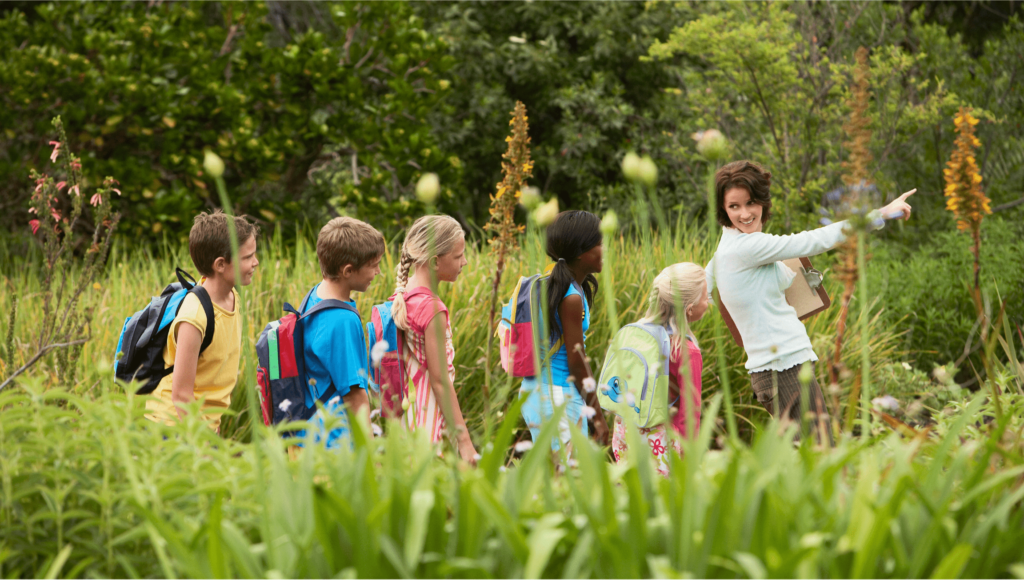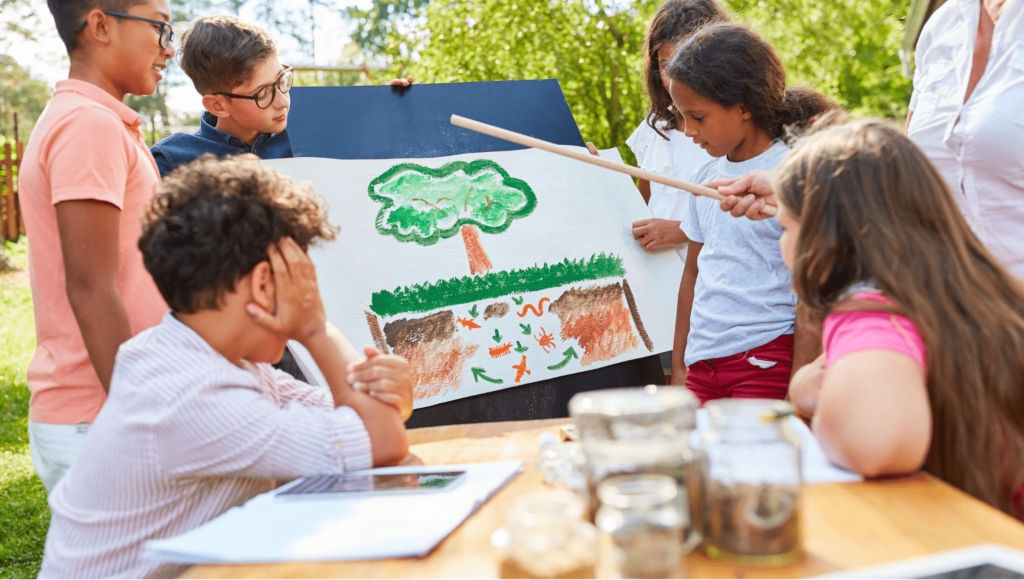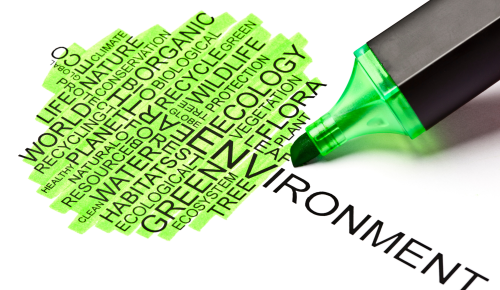School Workshop Menu
All workshops consist of a series of three (3), four (4), or five (5) sessions. The first two, three, or four 90-minute sessions of the workshop will be conducted in the classroom, providing youngsters with a hands-on introduction to the topic. The last session will be a field trip to Idlewild Park Preserve. The Workshop Menu is constantly expanding. The current topics for workshops are:
Children learn about the different life cycles of amphibians, birds, fish, insects, and mammals and how they might be related to environmental adaptations. Grade Levels: K-4
Students will learn about the special ecological environments of ponds, lakes, and wetlands and the wildlife that inhabit them. Specific topics for workshop sessions: Ponds, Salt Marsh, Web of Life. Grade Levels: K-4
Students will learn about the distinct ecological communities of plants and animals living together in climates across the globe. Special focus will be given to the following biomes: Desert, Tundra, Taiga, Rainforest, and Ocean. (Select one biome on which to focus.) Grade Levels: K –6
Children will learn about the fascinating ways animals and plants use to stay alive in their special habitats. Special emphasis will be placed on the salt marsh. Specific topics for the workshop sessions include Adaptation, Diversity, and Niche. Grade Levels: 4 and up
Students will learn about the special secrets of the salt marsh, its importance, and the need to preserve it. Special emphasis will be given to the Idlewild Park wetlands and their role in the health of Jamaica Bay and the NY/NJ Harbor Estuary. Specific topics for workshop sessions will be: Nature of Watersheds and Estuaries; the Ecology of the Salt Marsh; Vanishing Salt Marshes, and Restoration. Grade Levels: 4 and up
Youngsters will learn about these different bodies of water, the special environments that they provide, and the different species that live in them. Topics are Rivers & Streams, Lakes and Ponds, and Marine Communities. Grade Levels: K-8
Youngsters will learn about the many uses and abuses of water. Young people will learn about the ways in which water serves man and nature, the properties of water and how it’s affected, and the many people who work with water. Grade Levels: K-6
Children will learn to be Eco-Explorers, learning how to observe the natural world around them. As they investigate a simulated nature crime scene, they will explore animal tracks and many other animal signs to help solve the crime. Grade Levels: 4 – 8
Students will learn all about the Jamaica Bay watershed—its geological origins and relation to glaciers and glacial carvings; how the water moves from the terminal moraine out to Jamaica Bay; the difference between natural and man-made watershed systems; how man impacts on the quality of water in the bay and the ponds, lakes and streams within the watershed. Grade Levels: 4-8
An exciting workshop series on the microscopic world of the wetlands of Idlewild Park Preserve and Springfield Park. Participants will discover the variety of microorganisms that provide significant ecological contributions to the marsh. Grade Levels: 5 – 8 (School microscopes are necessary for this workshop.)
Students will learn about the important links between the health of the environment and the health of our bodies through the following two menu items
- ENVIRO-MYSTERIES–Teachers may choose lessons that focus on one of the following exciting topics:
- Creepy Crawlers—Insects that Invade Our Environment;
- Do You Know What’s in Your Refrigerator? This topic focuses on food-borne illnesses and prevention;
- Indoor Air Quality and Our Health: The Air We Breathe—The focus here will be on such topics as mold and the chemicals in our homes, schools, and workplace.
- These lessons will be hands-on and interactive, and include simulations. Grade Levels: 5 and up
- THE ENVIRONMENT AND OUR HEALTH–Children will learn about the importance of air, soil, and water quality and pollution, exploring such topics as pesticides, oil spills, and greenhouse gases. They will explore how our health is related to our environment. Grade Levels: 5 and up
Students will learn about the importance of the environment and the problems man has created as he has worked to improve the lives of human beings. There will be three different conservation workshop series from which teachers will choose under this menu item:
WATER, WATER EVERYWHERE, BUT DO WE HAVE ENOUGH? — The emphasis here is on the ways in which man manages the Earth’s water resources. Topics discussed will be sources of water and their uses, watersheds, water quality, water pollution—sources including sewage disposal and run-off–, and water conservation. Grade Levels: 4 and up
THIS LAND IS MADE FOR YOU AND ME …But! —The emphasis here is on how man manages land use and the pluses and minuses of different choices. Students will learn about the importance of different types of terrain with an emphasis on wetlands; land utilization, including urban sprawl and its effects; soil pollution, and conservation.. Grade Levels: 4 and up
POWER UP! POWER DOWN! —These workshops focus on the different sources of energy and their uses, the advantages and disadvantages of each, and stimulate a discussion of energy conservation and its importance. Grade Level





